QN-023a by Hangzhou Qihan Biotechnology for Relapsed Acute Myeloid Leukemia: Likelihood of Approval
Pharmaceutical Technology
MARCH 2, 2023
QN-023a is under clinical development by Hangzhou Qihan Biotechnology and currently in Phase I for Relapsed Acute Myeloid Leukemia. GlobalData tracks drug-specific phase transition and likelihood of approval scores, in addition to indication benchmarks based off 18 years of historical drug development data.


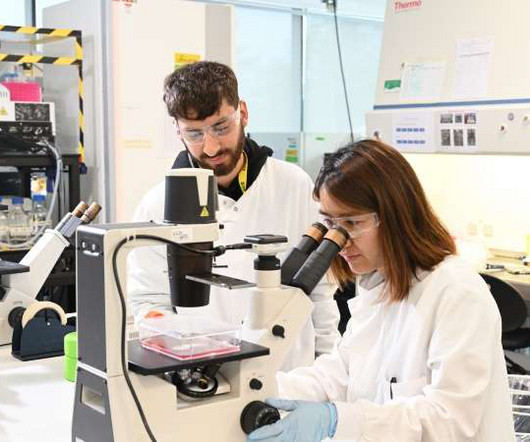
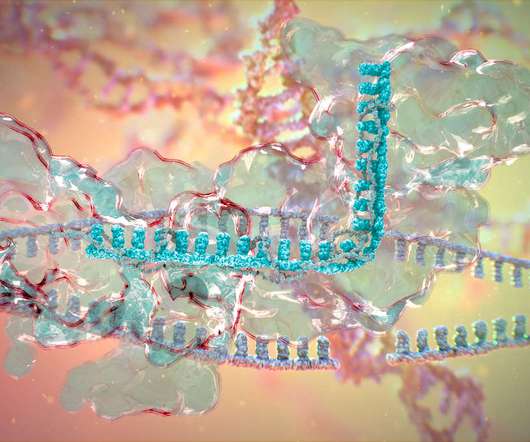



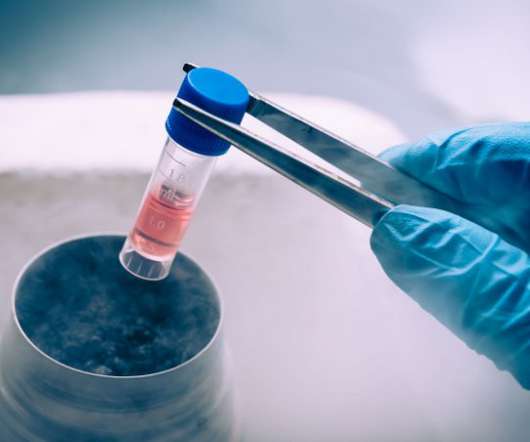

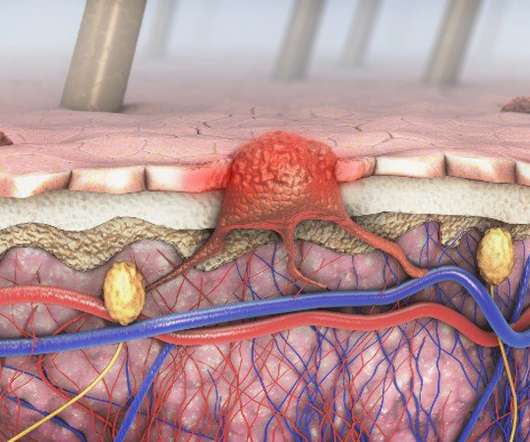
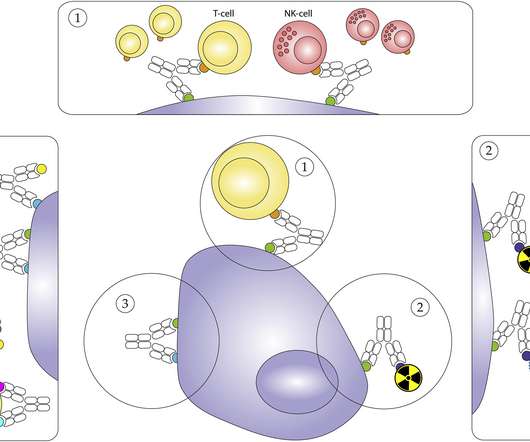







Let's personalize your content